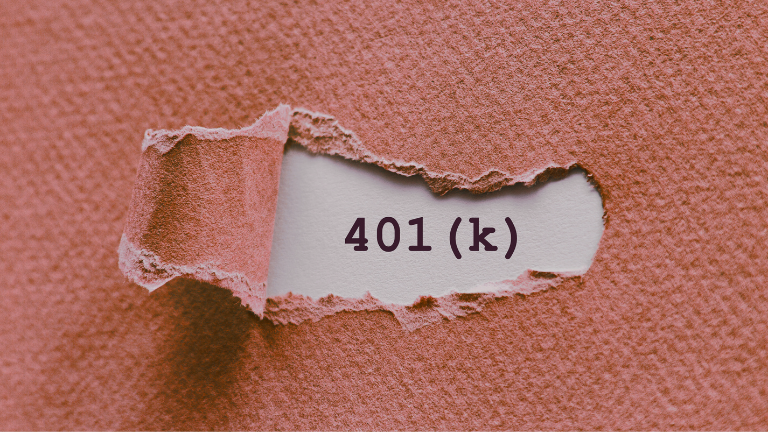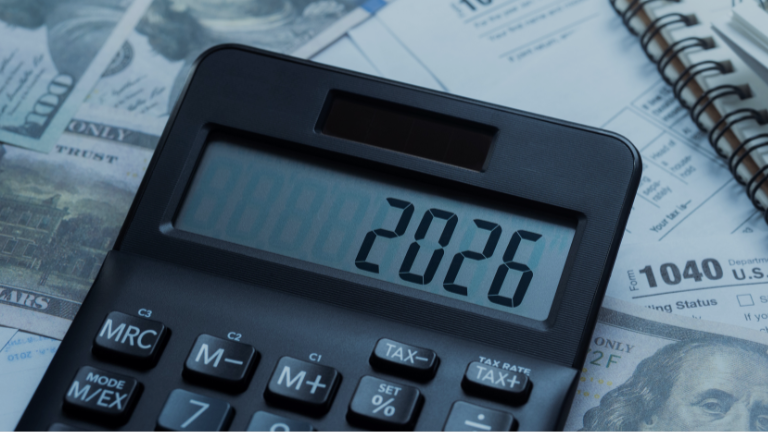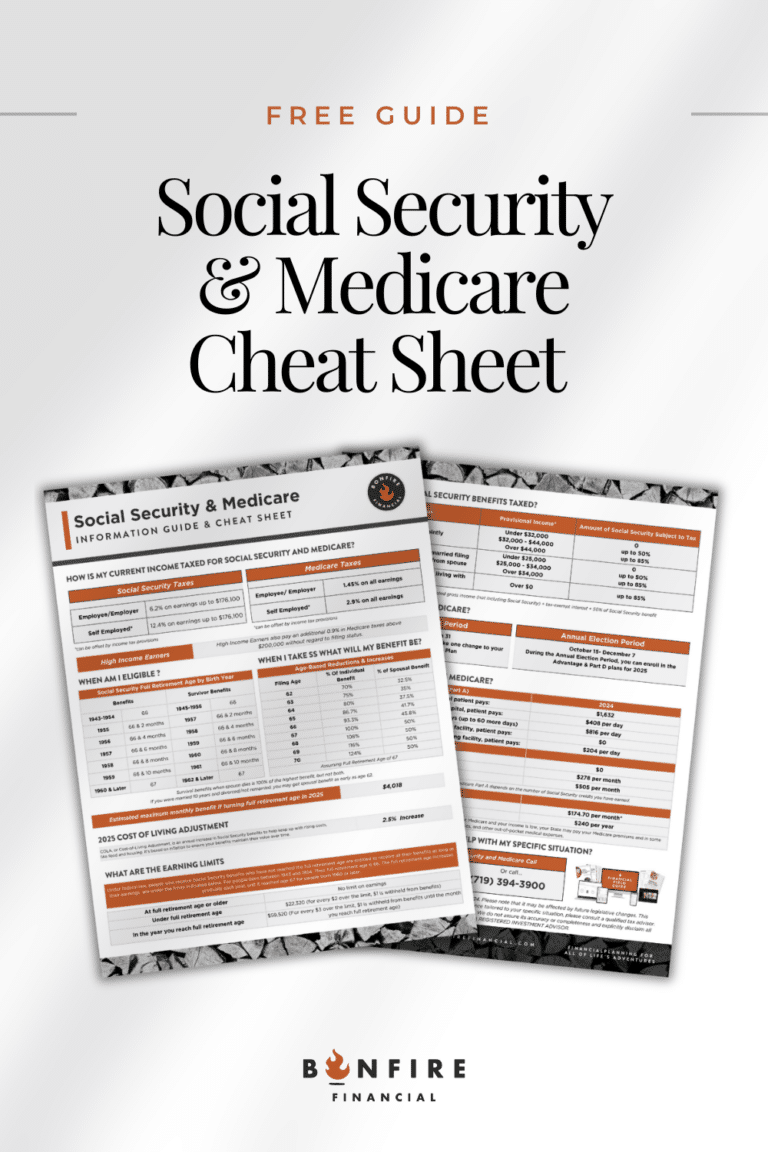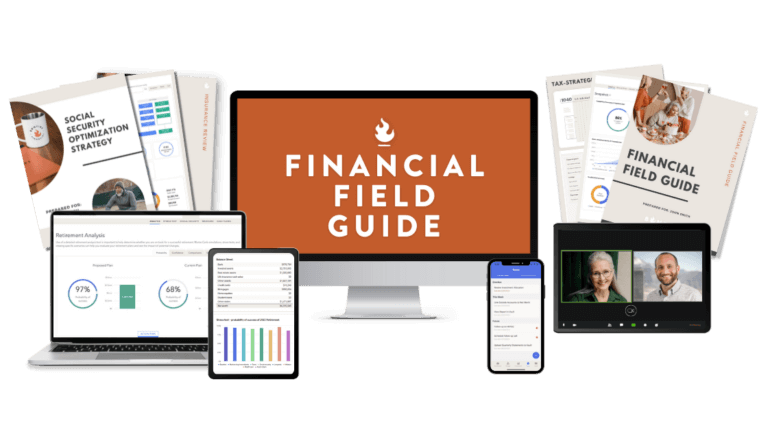Why Old 401ks Matter
If you’ve ever switched jobs, there’s a good chance you’ve left behind an old 401k. In fact, studies estimate there are millions of forgotten retirement accounts in the U.S., holding billions of dollars in unclaimed savings.
Whether you left $500 in a plan years ago or have tens of thousands tied up with a former employer, those accounts matter more than you might realize. An old 401k could be costing you money in unnecessary fees, or worse, you might lose track of it entirely.
Today we will walk you through everything you need to know about handling an old 401k. From your rollover options, to how to track down a forgotten plan, to avoiding common mistakes — you’ll come away knowing exactly what to do to make sure every dollar you earned is working toward your future.
Listen Now: iTunes | Spotify | iHeartRadio | Amazon Music
What Happens to Your Old 401k When You Leave a Job
When you leave an employer, your 401k doesn’t vanish, but it doesn’t automatically follow you either. Depending on your balance, several things can happen:
-
Balances over $5,000: Most employers allow you to keep the money in the plan if you choose.
-
Balances between $1,000–$5,000: Some companies may automatically roll your account into an IRA in your name, but you may not realize it.
-
Balances under $1,000: Employers may cash you out, sending a check (minus taxes and penalties if you’re under age 59½).
If you don’t take action, your old 401k can become “out of sight, out of mind.” That’s where problems start.
The Risks of Leaving an Old 401k Behind
Why not just leave your old 401k where it is? After all, it’s still invested, right? While that’s true, there are downsides:
-
Losing track of accounts – Multiple jobs often mean multiple accounts. Over time, it’s easy to forget login info or overlook one entirely.
-
Higher fees – Old employer plans may have more expensive mutual funds or administrative costs compared to an IRA.
-
Limited investment options – Most 401ks restrict you to a small menu of mutual funds, while IRAs offer far broader choices (ETFs, individual stocks, etc.).
-
Difficulty managing a unified strategy – Spreading your retirement savings across several accounts makes it harder to stay on top of allocation, rebalancing, and overall performance.
Bottom line: consolidating old 401ks can simplify your life, reduce costs, and help your money grow more effectively.
Your Options for an Old 401k
When you leave an employer, you generally have four choices:
1. Leave the Money in the Old 401k
-
Pros: Simple, no immediate action required. You might benefit from institutional pricing on mutual funds.
-
Cons: Easy to forget about, limited investment choices, and fees may be higher.
2. Roll It Into Your New Employer’s 401k
-
Pros: Keeps all your workplace retirement savings in one account, making it easier to track. No tax consequences for direct rollovers.
-
Cons: You’re limited to the new employer’s fund lineup. Some plans have clunky rollover processes.
3. Roll It Into an IRA
-
Pros: Maximum control and flexibility. You can invest in almost anything (ETFs, individual stocks, bonds). Many custodians now charge $0 commissions.
-
Cons: May lose access to special institutional share classes of mutual funds. Requires you to manage the account yourself or work with an advisor.
4. Cash Out the 401k (Least Recommended)
-
Pros: You get the money immediately.
-
Cons: Taxes plus a 10% penalty if you’re under age 59½. You risk derailing your long-term retirement savings.
How to Track Down a Forgotten 401k
Maybe you lost track of an old account years ago. Don’t worry, there are ways to find it.
Start with the Employer
If you remember the company, call their HR or benefits department. They can direct you to the plan’s recordkeeper.
Use the Department of Labor’s Form 5500 Search
Employers file this form for their retirement plans. Search by company name to see details on who administers the plan.
Contact Major 401k Providers
Firms like Fidelity, Vanguard, Empower, and Nationwide handle a huge portion of retirement plans. A quick call with your Social Security number can often locate accounts.
Check the National Registry of Unclaimed Retirement Benefits
This online database lets you search for old accounts using your Social Security number. While legitimate, always be cautious and make sure you’re on the official site.
The Cost Factor: Fees and Share Classes
One overlooked detail about old 401ks is share class pricing.
Large employer plans often get access to cheaper mutual fund share classes. But when you roll money into an IRA, you may move into a more expensive version of the same fund. On the flip side, IRAs allow access to ETFs and individual stocks, which can often be cheaper overall.
Action step: Always compare expense ratios and fund availability before deciding whether to keep money in an old 401k or roll it out.
Why Consolidating Accounts Matters
Consolidating your old 401ks into fewer accounts isn’t just about neatness, it’s about strategy.
-
Easier to monitor performance.
-
One investment strategy instead of several scattered ones.
-
Simpler rebalancing.
-
Lower risk of losing track.
Think of it like cleaning out a closet. You might find things you forgot you owned, and you’ll feel more in control once everything is in one place.
FAQs About Old 401ks
Q: Can I have multiple old 401ks?
Yes, and many people do. Each employer you’ve worked for likely had its own plan.
Q: Will my old 401k keep growing if I leave it alone?
Yes, it stays invested. But without oversight, you risk misallocation and higher fees.
Q: What if my old employer went out of business?
Your account still exists. Use the Department of Labor’s Form 5500 search to track down the recordkeeper.
Q: Can my old 401k be lost forever?
Not exactly. Even if you lose track, there are ways to recover it, but it may take effort.
Q: Should I always roll into an IRA?
Not always. If your new employer has a great low-cost plan, rolling into it might be easier. Compare before deciding.
Conclusion: Don’t Let Your Old 401k Collect Dust
Your old 401k is your money. Whether it’s a few hundred dollars or a few hundred thousand, every dollar counts toward your retirement future. By consolidating accounts, lowering fees, and keeping everything organized, you can maximize growth and reduce headaches.
The key is to be proactive. Don’t wait until years later when you can’t remember the login or whether you even had a plan. Track it down now, roll it over wisely, and keep your retirement savings working hard for you.
Ready to Take Control of Your Old 401k?
Don’t let your hard-earned savings sit forgotten with a past employer. Whether you need help tracking down an old 401k, deciding between a rollover or IRA, or building a bigger retirement strategy, we’re here to help.
👉 Book a meeting with us and let’s make sure every dollar you’ve earned is working toward your future.
 Client Login
Client Login







